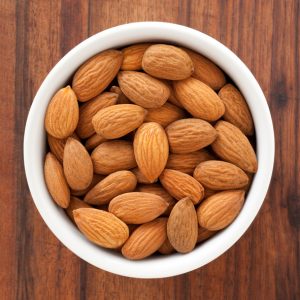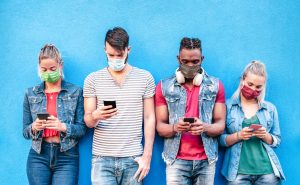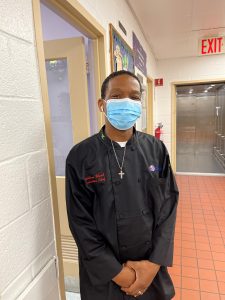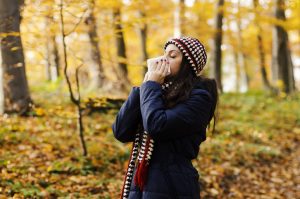Calcium is the most abundant mineral found in our bodies. It is found in our teeth and bones and is also essential for the proper functioning of our heart, nervous system and muscles.
The daily recommended intake of calcium for adults is 1000mg. Most of this can be obtained by eating dairy foods such as milk and cheese that are rich in calcium.
While dairy products are good sources of calcium, it is possible to obtain this very important mineral from other foods.
Good non-dairy sources of calcium include:
- Seeds ( poppy, sesame, celery, sunflower and chia )
- Sardines
- Soy milk
- Almonds
- Peanuts
- White beans
- Canned salmon
- Beans and lentils
- Dark leafy greens ( spinach, collard greens, broccoli rabe, kale)
- Rhubarb
- Tofu
- Edamame
- Figs
- Sweet potatoes
- Oranges and orange juice
- Arugula
If you are going to consume non-dairy products, it is recommended to eat two to three servings of plant based calcium per day.
It is important to speak with your physician before starting any type of diet to make sure you are doing it properly. If you would like to schedule an appointment with a physician at Flushing Hospital Medical Center, please call 718-670-5486.
All content of this newsletter is intended for general information purposes only and is not intended or implied to be a substitute for professional medical advice, diagnosis or treatment. Please consult a medical professional before adopting any of the suggestions on this page. You must never disregard professional medical advice or delay seeking medical treatment based upon any content of this newsletter. PROMPTLY CONSULT YOUR PHYSICIAN OR CALL 911 IF YOU BELIEVE YOU HAVE A MEDICAL EMERGENCY.










